High-tech mindset favoured for advances in processing
The Ministry of Planning and Investment’s Foreign Investment Agency has revealed that processing and manufacturing led among 16 sectors in the first two months of the year, with a total investment of $2.54 billion, capturing 59.1 per cent of all foreign direct investment (FDI) in the country, 16.8 per cent higher than the same period last year.
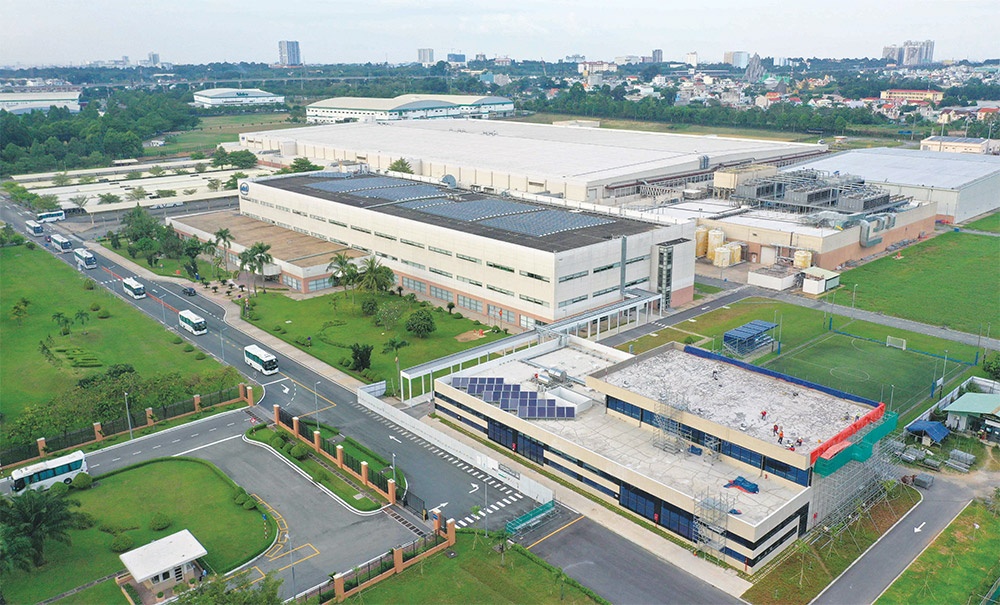 |
| High-tech mindset favoured for advances in processing, illustration photo |
In January, FDI disbursement was $1.48 billion, up 9.6 per cent on year. Of this, disbursement of processing and manufacturing was $1.15 billion, making up 77.7 per cent, which is a positive movement reflecting investor confidence in the future, and their desire to do long-term business in the country.
Specifically, a series of foreign-invested projects were licensed in the first two months of the year in the southern provinces. They are not large in scale, but use new, environmentally friendly technologies, and less labour-intensive processing and manufacturing.
The largest projects are a $278 million venture from BOE Audio-Visual Electronic Technology from China in the southern province of Ba Ria-Vung Tau; and SLP Park Loc An Binh Son in Long Thanh district by Sea Fund I Investment 14 from Singapore, with registered capital of $121.4 million.
In addition to new licensing projects, capital increase projects also have investment levels of up to hundreds of millions of US dollars. Among them, the coffee factory project from Nestlé Vietnam in Long Binh Industrial Park (IP) has increased capital by $100 million, bringing the total thus far to just over $500 million.
A project with a fairly large capital increase is the tyre factory of Kenda Rubber Company (Vietnam) in Giang Dien IP, increasing by $80 million and bringing the total to almost $300 million.
Hyosung Group from South Korea is investing in a processing and manufacturing project in which renewable diesel and sustainable aviation fuel are produced through hydrogen catalytic treatment of oils and fats. The project has a total estimated investment of nearly $400 million in Ba Ria-Vung Tau province. In just a short time, Hyosung has invested in three large-scale projects in the province, with a total expected funding of $1.66 billion.
In the first week of March, two big events related to the semiconductor chip industry in Ho Chi Minh City took place. The Saigon Hi-Tech Park signed a cooperation agreement with Siemens EDA to train human resources in the semiconductor chip industry, while BE Semiconductor Industries N.V Company of the Netherlands completed preparations to put chip packaging machinery into operation in the same high-tech park.
In northern provinces, numerous high-quality industrial projects in key fields have been registered and set up, such as the $45-million Goodway Vietnam factory construction project from a Taiwanese investor in Lien Ha Thai IP in the northern province of Thai Binh, producing connection devices and computer peripherals.
At the end of February, the Quang Ninh Economic Zone Management Board delivered investment certificates to two foreign-led projects worth over $330 million. They are the $275-million Gokin Solar Hai Ha Vietnam initiative involving photovoltaic monocrystalline silicon panels and more at Texhong Hai Ha IP; and the $57-million bearings and equipment manufacturing scheme at Song Khoai IP in Quang Yen town, funded by IKO Thompson Vietnam.
Gabor Fluit, chairman of the European Chamber of Commerce in Vietnam, said at last week’s Binh Phuoc investment promotion forum that businesses in high-tech agriculture, construction, tourism, banking and finance, and renewable energy were truly interested in investing in Vietnam.
“European businesses are pouring capital into high-tech processing and manufacturing industries that Vietnam is looking to draw in investment in,” Fluit said.
Last year, the processing and manufacturing industry lured over $23.5 billion of FDI, accounting for 64.2 per cent of total registered FDI in Vietnam and an increase of 39.3 per cent compared to 2022. This raised processing and manufacturing to become the largest foreign-invested industry out of 18 economic sectors.
When it comes to the number of new projects, the manufacturing and processing industry is also the leading industry in the number of projects, and capital adjustments, accounting for 33.7 per cent and 54.8 per cent, respectively.
As of the end of February, there are more than 17,000 foreign-invested projects in this industry, with a total investment of about $285.4 billion, many-fold higher than other industries.
The Ministry of Industry and Trade recognises that the processing and manufacturing industry is the foundation and driving force for the growth of the entire industry and the economy, and the top industry in attracting FDI because Vietnam has the advantage of large and quality labour, a stable macroeconomic policy, and an open and safe market.
“The processing and manufacturing industry is the spotlight of industrial production, the main determinant of the growth rate of the entire industry, creating the greatest added value for the industrial sector and the main driving force in the country’s economic growth over the past years, contributing to successfully implementing socioeconomic development,” said Minister of Industry and Trade Nguyen Hong Dien.
| The Vietnam Business Forum (VBF) returns on March 19 in Hanoi under the theme “Navigating sustainability and innovation: Vietnam’s readiness for ESG and enabling high-tech and digitalisation”. With the three main sessions focusing on business climate; environmental, social, and governance criteria; and high-tech and digitalisation, the forum is expected to provide insightful information and a valuable networking opportunity for the participants. The event will be jointly organised by the Ministry of Planning and Investment, the World Bank Group, the International Finance Corporation, and the VBF Consortium. The VBF is an ongoing policy dialogue between the Vietnamese government and the business community aiming at a favourable business environment and sustainable economic development in Vietnam. |
| Joseph Perucca, general director GIVI Vietnam
The past year has seen us reinvest our profits almost entirely to implement our production lines, improve the training of our human resources, and strengthen and innovate machinery and work processes. In addition, depending on the changing conditions of the global market, we decided to take a decisive step forward and incorporate within our structure an additional brand. HEVIK is a brand specialising in technical clothing for motorcyclists, offering a high level of production and quality at a competitive cost, with the aim of expanding our strength in 95 different markets where our current product lines are sold. Our expectations of the government remain substantially the same as always, hoping that complex bureaucratic activities can become more fluid in a vision that tends to support and not hinder foreign companies. As a company that operates globally, we need facilitated procedures, especially for customs, which is at the core of activities for a manufacturing company. These processes are still too complex and do not facilitate the operations of companies like ours. The import or export of products is the culmination towards which all the efforts and production results of a company are directed. Those results allow us to act with great civic sense and responsibility to reinvest and produce wealth in the country that hosts us. Sami Kteily, executive chairman Pebsteel
In 2023, the construction industry in Vietnam faced numerous challenges. Despite this, Pebsteel overcame them, largely due to our export markets. Although revenues from Vietnam decreased, the company’s overseas operations retained strong growth. Today, the workforce market remains the same, especially at the entry level. However, there are some shortages of skilled labour that Pebsteel addresses with parallel solutions. What is more, we have outlined several strategies to maintain success, including investing in automation to increase efficiency, adopting sustainable practices to reduce the environmental impact, developing high-value steel products that meet market demands, optimising our supply chain to minimise disruptions, and attracting and retaining skilled workers through training programmes and competitive compensation. By aligning these strategies with industry trends and proactively addressing challenges, Pebsteel aims to continue thriving in the dynamic manufacturing landscape of 2024. I believe our business will be the same as last year, with a greater focus and push as we expand into new markets we have not reached before, while also finding new projects in the domestic market. We are very positive about the year’s results and its remarkable growth. Cho Yong Hwan, deputy general director Everpia JSC
2023 was a year full of challenges for Vietnam’s economy, especially for manufacturing enterprises like Everpia. However, challenges always come with opportunities, and Everpia overcame 2023 with valuable lessons. Factory optimisation and digital transformation were strongly implemented. Factory operation costs decreased significantly while productivity notably increased. We also intensively review inventory, audit, and control inventory risks, which paves the way for the expansion of diverse and high-value new products. In the fourth quarter of 2023, the company's business results showed positive signs. Brand repositioning: targeting the millennial consumer group, and Everpia conducted in-depth surveys with over 5,000 customers nationwide to develop the brand and products, including restructuring the product portfolio for bedding and enhancing the brand's image through improved communication. Enhancing the effectiveness of the distribution channels, we are installing the Palexy AI camera system in all showrooms to map customer journeys, identify key adjustment points, and enhance the shopping experience. Consequently, changes were made in the display and training materials for sales staff in both showrooms and agents. We also are conducting market research and in-depth evaluations of each agent and showroom operation to develop customised distribution channels for each region. In 2024, Everpia is aiming for several operational goals, including digital transformation to increase sales, optimise profit, and continue pursuing ESG sustainable development goals, as well as strengthening the prevention of counterfeit products to protect the benefit of consumers and agents. |
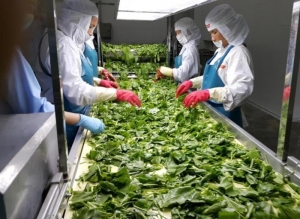 | Agri-businesses using deep processing to boost exports Deep processing is making a difference for many industries in Vietnam, both for the domestic market and exports. |
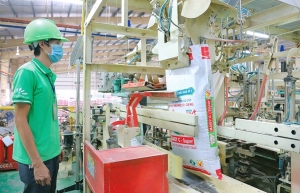 | Feed firms display sourcing initiative A new strategy to develop the animal feed processing industry towards 2030 is expected to enhance food quality and safety, lower product prices, and reduce the country’s proportion of imported animal feed. |
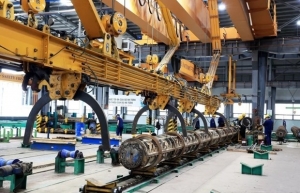 | Hanoi ranks first for foreign investment registered in 2024 so far Hanoi attracted a total of $914.4 million in foreign investment during the first two months of 2024, including 27 newly-licensed projects with $869.8 million, 17 projects receiving additional investment of $9.1 million, and 21 instances of foreign investors contributing capital or purchasing shares, totalling $35.45 million. |
What the stars mean:
★ Poor ★ ★ Promising ★★★ Good ★★★★ Very good ★★★★★ Exceptional
Related Contents
Latest News
More News
- Internal strengths attest to commitment to progress (February 19, 2026 | 20:13)
- Vietnam, New Zealand seek level-up in ties (February 19, 2026 | 18:06)
- Untapped potential in relations with Indonesia (February 19, 2026 | 17:56)
- German strengths match Vietnamese aspirations (February 19, 2026 | 17:40)
- Kim Long Motor and AOJ Suzhou enter strategic partnership (February 16, 2026 | 13:27)
- Haiphong welcomes long-term Euro investment (February 16, 2026 | 11:31)
- VIFC in Ho Chi Minh City officially launches (February 12, 2026 | 09:00)
- Norfund invests $4 million in Vietnam plastics recycling (February 11, 2026 | 11:51)
- Marico buys 75 per cent of Vietnam skincare startup Skinetiq (February 10, 2026 | 14:44)
- SCIC general director meets with Oman Investment Authority (February 10, 2026 | 14:14)

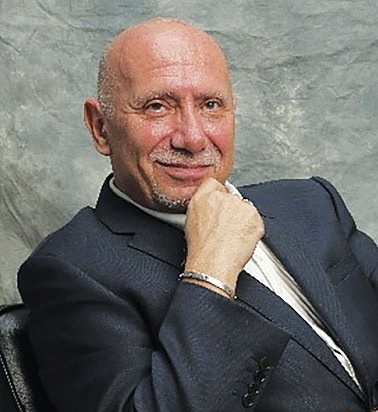
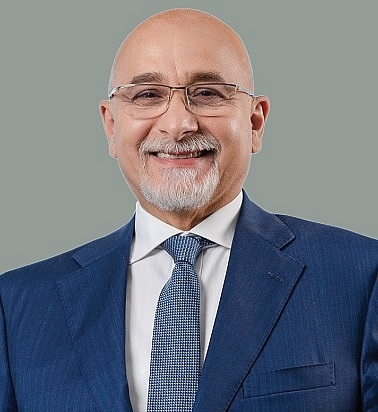
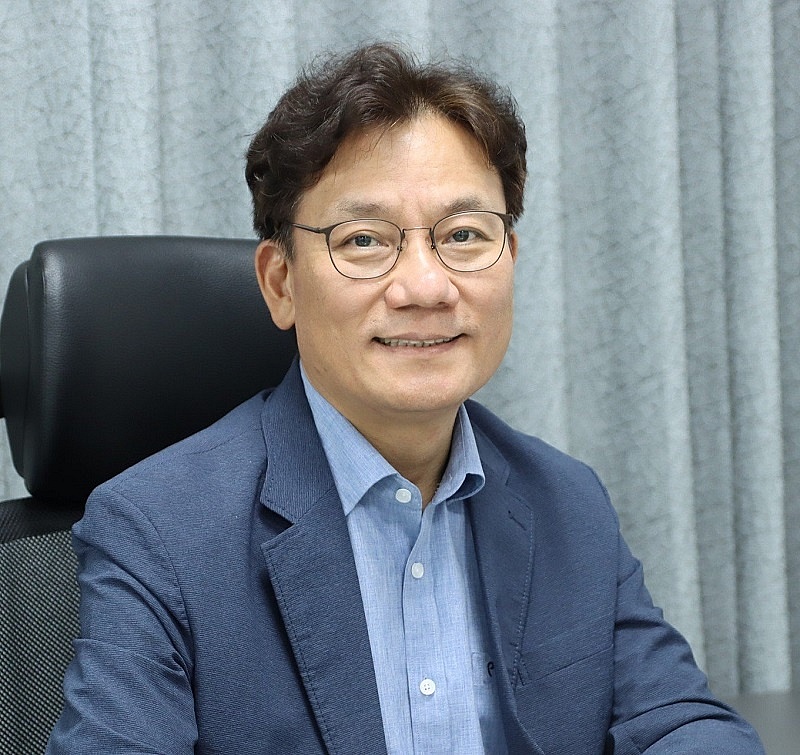
 Tag:
Tag:


















 Mobile Version
Mobile Version